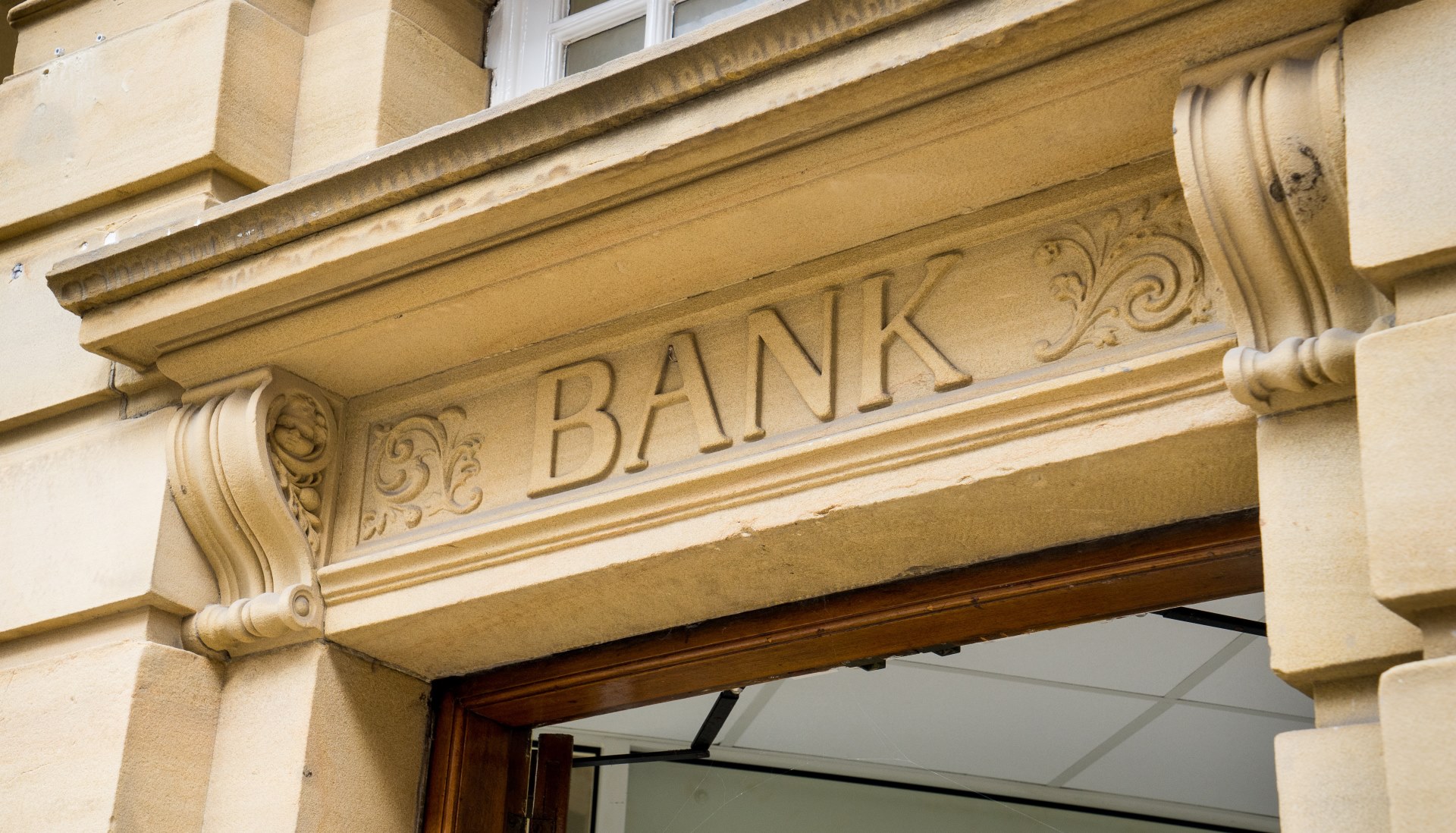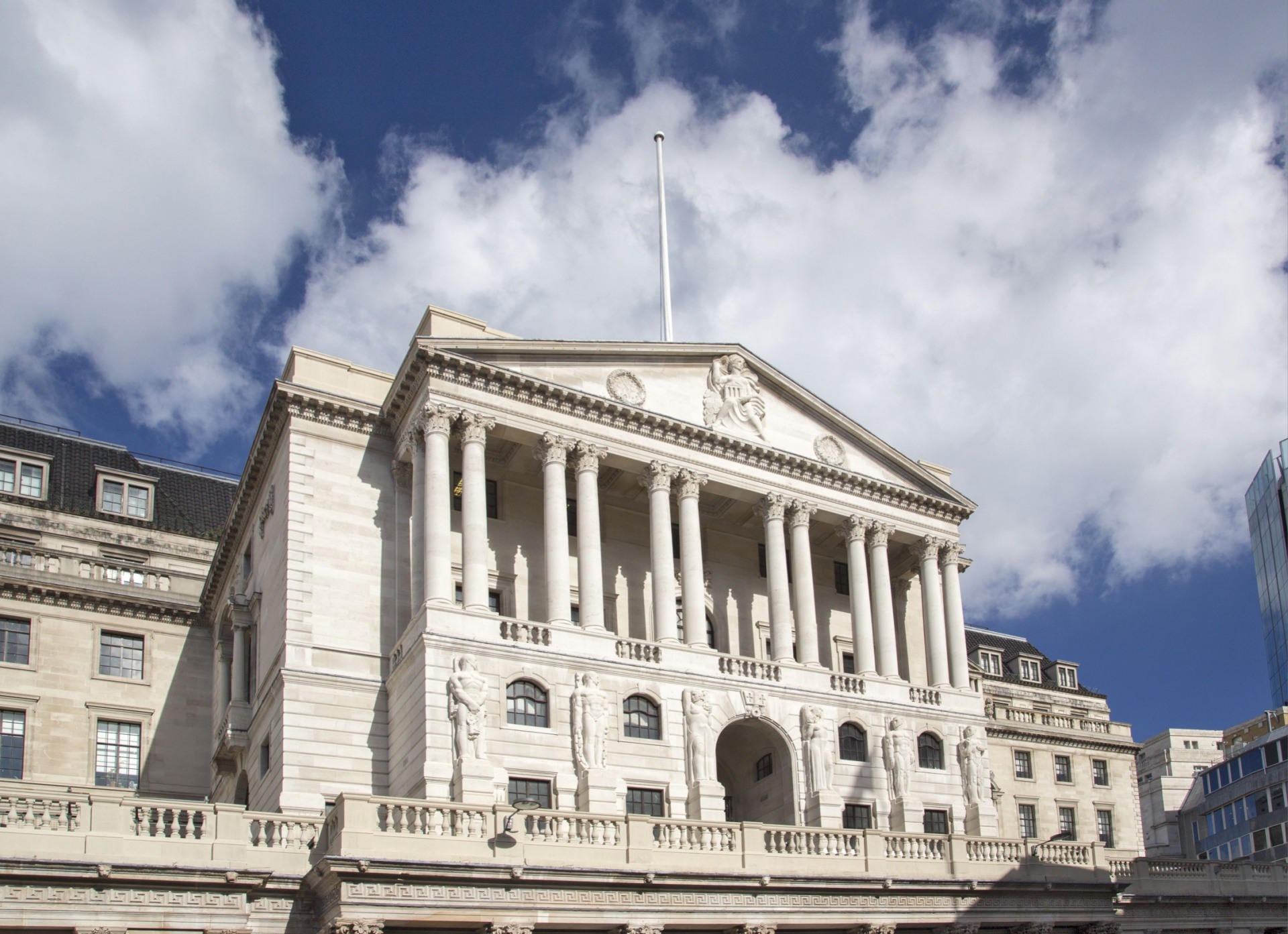Weekly Briefing: Bank of England holds interest rate, house prices rise unexpectedly & pensions tax overhaul planned
In this week’s briefing, we cover the Bank of England’s decision to keep interest rates on hold for the second time, an unexpected increase in UK house prices thanks to the gap between supply and demand, and more.
UK Tax Update
Bank of England holds interest rates and warns it’s too early to think about cuts
- The Bank of England (BoE) decided to keep interest rates at 5.25% – the highest level in 15 years – for the second time in a row on 2nd November.
- Up until September, the BoE had raised interest rates 14 consecutive times in an effort to curb soaring inflation.
- The Bank expects inflation to fall sharply over the coming months, but BoE Governor Andrew Bailey has urged it is “much too early to be thinking about rate cuts.”
- Bailey said: “We will keep interest rates high enough for long enough to make sure we get inflation all the way back to the 2% target. We'll be watching closely to see if further rate increases are needed.”
- As of September, inflation is at 6.7%. Provided the figures continue to fall as expected, Prime Minister Rishi Sunak looks on track to meet his aim of halving inflation to around 5% by the end of 2023.
- The Bank also revealed that whilst they are not predicting a recession, they expect the UK economy to see zero growth until 2025.
- Meanwhile, Chancellor Jeremy Hunt has reiterated that he will be announcing measures to help get Britain growing again in his Autumn Statement, saying: “The Autumn Statement will set out how we will boost economic growth by unlocking private investment, getting more Brits back to work, and delivering a more productive British state.”
UK Tax Update
Chancellor plans overhaul of pensions tax to boost investment in the UK economy
- According to The Telegraph, Chancellor Jeremy Hunt is planning to use the upcoming Autumn Statement to overhaul tax on company pensions.
- In an effort to unlock tens of billions of pounds of investment in the UK economy, the Chancellor is considering slashing the 35% “penalty” tax rate that companies face when withdrawing cash surpluses from their pension schemes.
- The tax was imposed in the 1980s in a bid to stop companies from building up surpluses to evade tax and has remained unchanged since the start of the millennium.
- Low interest rates have resulted in defined benefit (DB) pensions needing higher up-front contributions in order to meet long-term obligations, but the recent jump in borrowing costs has left many schemes in surplus.
- Pension consultancy firm XPS estimates that around a quarter of operational DB pension schemes are running surpluses of around $10 billion to $15 billion.
- Former pensions minister Sir Steve Webb believes that reforming the 35% tax and making it easier for companies to access surplus retirement fund cash would provide an immediate boost to investment. He said: “If companies can take the money out, pay less tax on it when they do and take it out now, that’s the key thing. They don’t have to wait ten years to take a slice so you’re giving stimulus to the economy now.”
- A source suggested to The Telegraph that reducing the charge to 25% – matching the current level of corporation tax – would be a fair approach, whilst Government “insiders” stressed that Hunt may not need to make the change in order to stimulate the economy and cemented that no decisions on the matter have been made.
Global Economy
WeWork files for bankruptcy amid office market downturn
- Desk-renting start-up WeWork has filed for bankruptcy and is seeking to restructure more than $13 billion in lease obligations.
- The start-up, co-founded by Adam Neumann, was backed by billions of dollars from Japan’s SoftBank and set out to revolutionise office real estate.
- However, the company fell victim to high-priced leases it had signed pre-Covid along with weak occupancy rates as hybrid working became the new normal.
- WeWork has struck a deal with almost all of its creditors to convert $3 billion of existing loans and bonds into equity in the reorganised company.
- David Tolley, WeWork Chief Executive, has stated the process will focus on “addressing our legacy leases and dramatically improving our balance sheet.”
- In its bankruptcy filing, WeWork requested to give up 69 leases and said it is in negotiations with over 400 landlords to improve lease terms.
- WeWork office spaces are “open and operational” and its business outside of the US and Canada are unaffected by the filing, the company said.
Venture Capital
Venture capital investments in the crypto sector hit a record low
- RootData have revealed there has been a significant decline in the number and total amount of VC investments in the cryptocurrency sector.
- New data shows that in October, the number of publicly disclosed crypto VC deals fell both month-on-month and year-on-year.
- There were 75 deals in October, a 10% decrease from September’s 83 deals and a 45% dip when compared with the 135 deals in October 2022.
- In terms of investment amount, the industry received $430 million in financing in October, down from $530 million in September and $1.15 billion from the same month last year.
- This contraction in funding raises questions about the future growth prospects of the industry and suggests investors could be looking for less niche VC assets.
Property
UK house prices rose unexpectedly in October
- House prices unexpectedly rose by 0.9% in October, according to Nationwide’s latest House Price Index (HPI).
- The month-on-month increase added more than £1,600 onto the cost of an average home and is the biggest monthly rise shown on Nationwide’s HPI since March 2022.
- Some economists have called it a “massive surprise” after predictions of a fall, including Imogen Pattison, Assistant Economist at Capital Economics, which had forecast a 0.6% fall.
- Robert Gardner, Nationwide’s Chief Economist, said: “The uptick in house prices in October most likely reflects the fact that the supply of properties on the market is constrained. There is little sign of forced selling, which would exert downward pressure on prices, as labour market conditions are solid and mortgage arrears are at historically low levels.”
- Nationwide’s HPI did show that the average value of a house was still down year-on-year however, with an annual drop of 3.3% in October, down from the 5.5% drop recorded in September.
Impact Investing
Pension funds could invest up to £1.2 trillion to aid net-zero journey
- A report from Phoenix Group and Make My Money Matter has suggested that, given the freedom to do so, the UK’s pension industry has the potential to invest up to £1.2 trillion in climate solutions.
- This is quadruple the £0.3 trillion that the industry is on track to invest based on current trends.
- Make My Money Matter’s research has shown that this action is popular with a lot of savers, with 12 million pension holders wanting their provider to invest more in businesses tackling climate change.
- The report highlights a number of barriers preventing greater investment into climate solutions, including scarcity of investible and scalable opportunities, and regulatory constraints.
- In order to tackle these barriers, a “climate transition plan with sector-specific strategies and clear roadmaps” was suggested, among other steps.
- Bruno Gardner, Head of Climate Change and Nature at Phoenix Group, said: “We all know finance will be critical to successfully transitioning to net zero. [...] It's exciting to see that pension funds could finance up to half of the investment needed to keep the UK's transition on track and provide savers with greater access to the investment potential of climate solutions, but it's even more important to have identified why there isn't already more funding for climate solutions and what can be done about it.”
A Final Note
Another hold on interest rates from the BoE is somewhat promising as we continue to see falling inflation and the long-term outlook seems to be more positive.
It’s also interesting to hear of potential pension tax changes that could bolster investment into the UK economy, and we will be eagerly awaiting the upcoming Autumn Statement to find out what is in store after months of speculation.
At GCV, we remain committed to providing the latest insights into the investment and wider economic landscape in order to support investors in making well-informed decision when choosing where to allocate their capital.
If you would like to find out more about a number of tax-efficient investment strategies in 2023, discover our range of downloadable resources here.
%20(3)%20(2).jpg)









